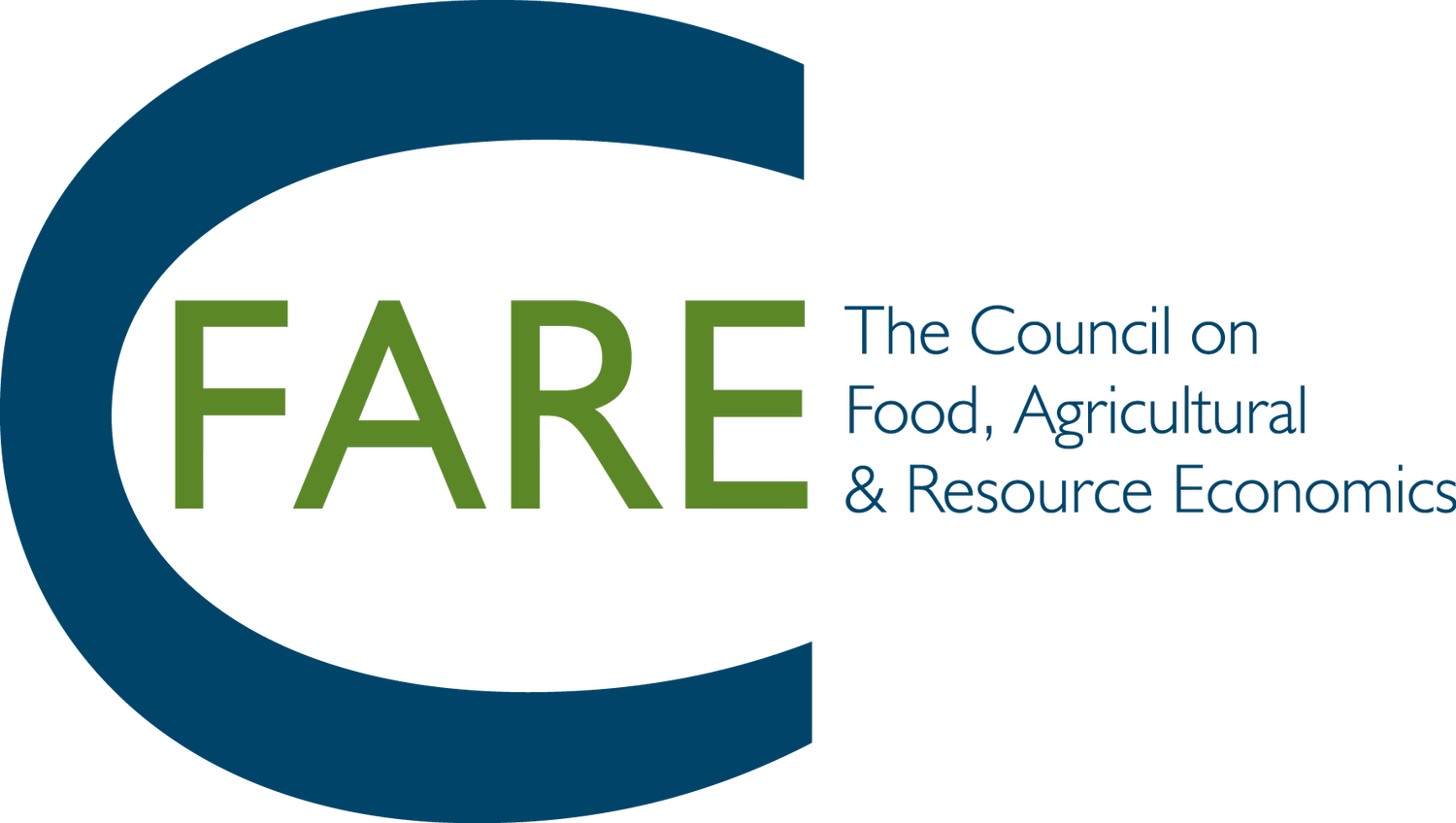Brandt Forum Fall 2023: Opportunities and Challenges for US Agriculture and the Environment Part II
While economists recommend using market incentives, there is the widespread use of regulation to achieve agricultural and environmental resource management objectives. One explanation the late Martin Weitzman (1974) provided is uncertainty about policy outcomes and industry behavior. The workshop raised other alternative explanations for policy choices, including:
Political economy and political power affect the distribution of benefits and costs.
The desire of incumbent governments to establish irreversible outcomes given political uncertainty sets facts on the ground.
Uncertainty and credit constraints constrain the establishment of new industries and supply chains.
C-FARE organized a workshop to explain this reality using multiple vantage points, including perspectives on political economy, irreversibility, and supply chain. The workshop included two main strands of engagement across government, private, and public sector participants:
The first strand will focus on the implications of science-based policy on the US economy's competitiveness and sustainability.
The second will discuss the dynamics of science-based policy and how it can support innovation.
Gal Hochman, Rutgers University
US Agriculture and Environmental Policy
Bruce A. McCarl, Texas A&M University
Climate Change and Agriculture: Emerging Policy Challenges in Addressing Adaption and Mitigation
Caree Cotwright, Director of Nutrition Security and Health Equity
USDA’s Action on Food and Nutrition Security: The Role of Agricultural and Applied Economics
David Zilberman, University of California, Berkeley
The Economics of Supply Chain and Regulation
Johan Swinnen, Director General of the International Food Policy Research Institute
Political Economy
Madhu Khanna, University of Illinois Urbana-Champaign
Effect of Renewable Fuel Policies on Agriculture in the US
Richard Sexton, University of California, Davis
Feeding Ourselves in the 21st Century and Policies That Make it Harder to Do
Rodolgo Nayga, Texas A&M University
The SNAP Work Requirements
Spiro Stefanou, USDA Economic Research Service
The Role of Economics: Government Agencies and Regulation
Thomas Hertel, Purdue University
Agriculture, International Trade and Sustainability
